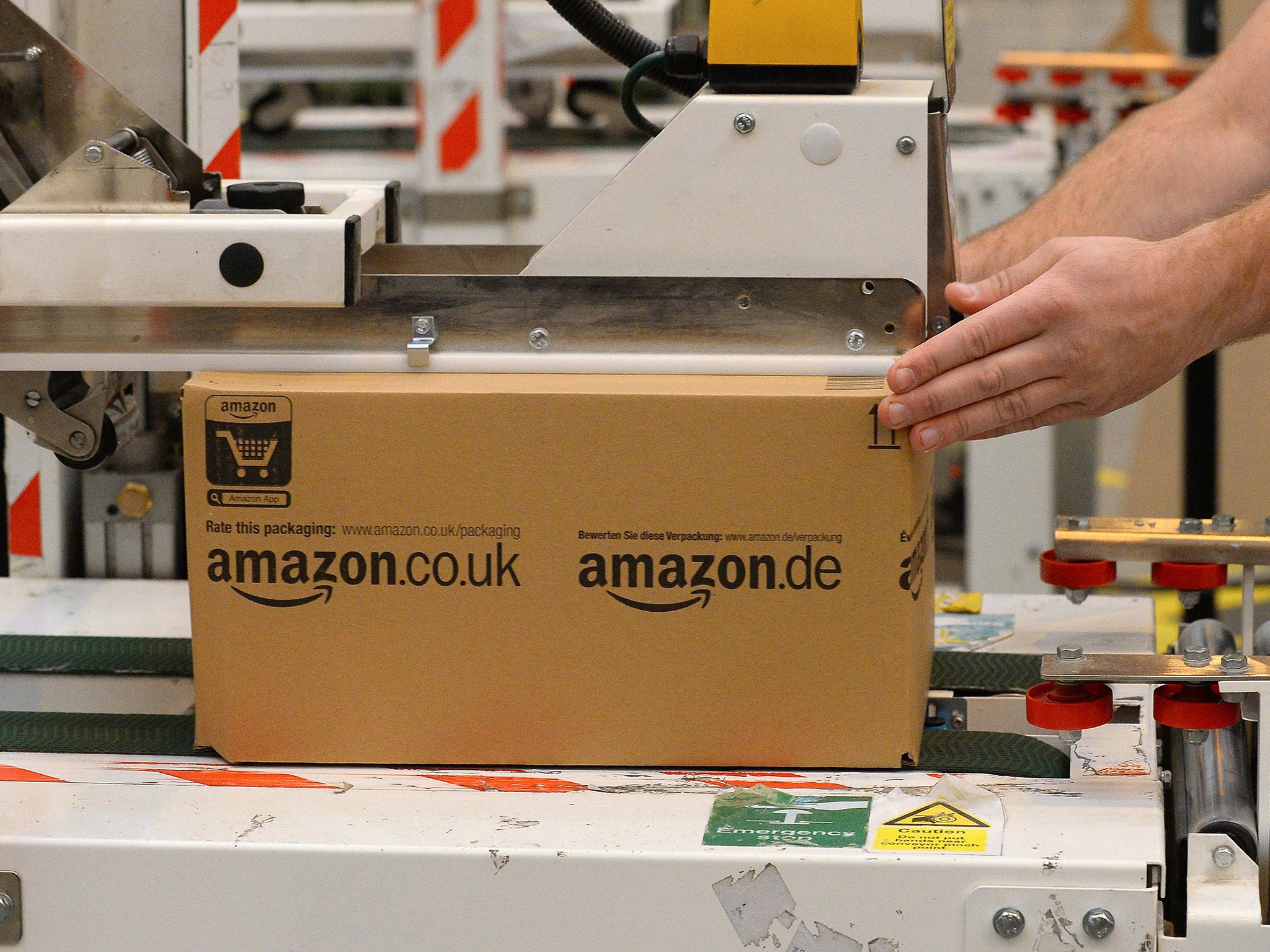Let's not get too excited about those five-star Amazon reviews
On the internet, debates about everything are dominated by extreme voices

Your support helps us to tell the story
From reproductive rights to climate change to Big Tech, The Independent is on the ground when the story is developing. Whether it's investigating the financials of Elon Musk's pro-Trump PAC or producing our latest documentary, 'The A Word', which shines a light on the American women fighting for reproductive rights, we know how important it is to parse out the facts from the messaging.
At such a critical moment in US history, we need reporters on the ground. Your donation allows us to keep sending journalists to speak to both sides of the story.
The Independent is trusted by Americans across the entire political spectrum. And unlike many other quality news outlets, we choose not to lock Americans out of our reporting and analysis with paywalls. We believe quality journalism should be available to everyone, paid for by those who can afford it.
Your support makes all the difference.Only trust three-star Amazon reviews. That's the strategy I've adopted over more than a decade of wading through fawning praise and furious critique of everything from Soviet poetry to lithium batteries. As is normal on the internet, debates about everything – yes, even household goods – are dominated by extreme voices; people vent their fury or squeal their delight over crisps or suitcases while balanced views become submerged.
As a consequence, the reviews that stack up under the products form an alternate reality where everything is simultaneously magnificent and terrible. We're forced to determine the nature of that reality for ourselves – but who wants to embark on that kind of philosophical musing when we're only buying a DVD?
Amazon has been aware of this for years, but now it's trying to do something about it. This week, it announced the introduction of machine-learning technology that will examine user reviews to try and build a more accurate assessment of how good a particular product might be. Newer reviews will be given more weight, as will reviews from verified purchasers and those that have been thumbed up as "useful" by others. The overall star rating bestowed upon a product will, according to the company, start to reflect a truer picture as the system starts to "learn". And we, as consumers, will become better informed. That's the theory.
But whether these measures will succeed in tackling the numerous ways in which the reviews system is "broken" is hard to say. Can online reviews ever truly reflect the quality of a product when so much of it is subjective? That subjectivity becomes most apparent when rabid fans of a particular author viciously thumb down balanced reviews that dare to point out a few potential negatives. It must be clear to everyone that looking to Amazon for guidance on matters pertaining to artistic merit is a bad idea, when reviews are so badly polluted by hostile prejudice, sycophancy and, perhaps worst of all, opinions that have evidently been paid for.
Amazon doesn't endorse this behaviour; in April, it filed a lawsuit against a man alleged to have created websites offering five-star reviews for around $20.
But you only need to explore the site for a couple of minutes to find reviewers who post prodigiously but contribute nothing; I'm looking at one right now who has given unequivocal but very superficial praise for books about life with the menopause, learning to program in C+, raw food diets, Buddhism, WordPress and container gardening, all in the space of a week or so. The worthlessness of these reviews is manifestly obvious; it's hard to believe that Amazon hasn't already put automated systems in place to combat it.
Then again, one-star reviews don't sell products, five-star ones do. And Amazon, in case you hadn't noticed, is about selling stuff. Astroturfing, the practice of disingenuous and dishonest promotion, has a measurable effect – particularly in an age where we're swamped with information. We might think we're becoming more sophisticated in our appraisal of that information, but star ratings can be extremely persuasive.
Good on Amazon for implementing a scheme that might lower some artificially inflated ratings, but personally I won't be happy until they all sit at three, accompanied by a dispassionate, pragmatic assessment written by someone who's allergic to exclamation marks.
Join our commenting forum
Join thought-provoking conversations, follow other Independent readers and see their replies
Comments